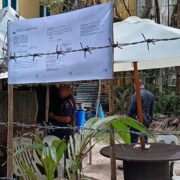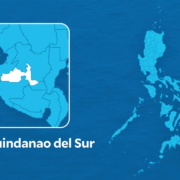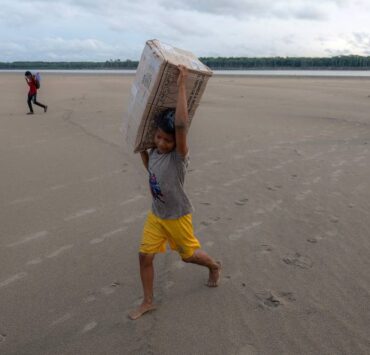‘Invisible’ shipwrecks: Gone without a trace on the way to the US
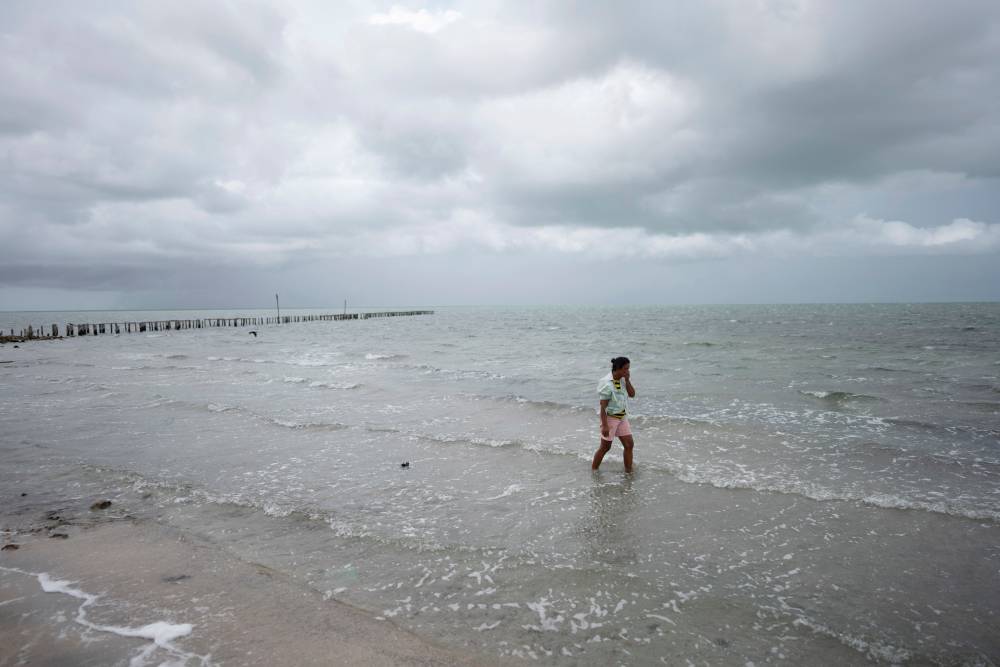
Last of two parts
PALMA SOLA, CUBA—The group’s homemade boat, or “balsa,” seemed like a winner, said Carlos Raul Reyes, an experienced local fisherman whose nephew was among the crew. He said it measured nearly 9 meters in length, built from solid wood planks with 16 flotation tanks—repurposed gas cans—to each side and a bus engine for power.
But bad luck struck early, he said. The crew, which set out under the cover of darkness, was forced to return for a forgotten bottle of engine oil, costing them a day—and their cherished clear-weather window.
A storm was brewing. The wind veered from a more favorable south to north, frothing up waves of 10 feet or more, sheets of driving rain and ushering in an unusually bitter chill.

“If they hadn`t turned around, they would have made it for sure,” said Reyes, who searched for their bodies later but found only some familiar clothes and some spilled rice where the crew had camped before departing. “The conditions got very bad.”
On December 26, 2022, one of their crew called home by cell phone, assuring family back home they were ok.
That was the last anyone would hear from them.

Dead ends
Anxiety turned to panic about a week after the boat’s initial departure, family members recall.
On January 6, 2023, less than two weeks after the boat left, the family alerted the police in the nearby town of Marti. A search by local authorities and local fishermen turned up nothing, family members said.
Officials with Cuba’s foreign ministry advised Kastia Rodriguez, whose brother and sister were among the missing, to watch for migrants returned to Havana on charter flights from the Bahamas, where many had been detained.
Her siblings never materialized. The months to come saw reports of mysterious phone calls from the US as well as a sighting—later recanted—of one of the young men from the boat near Fort Lauderdale.
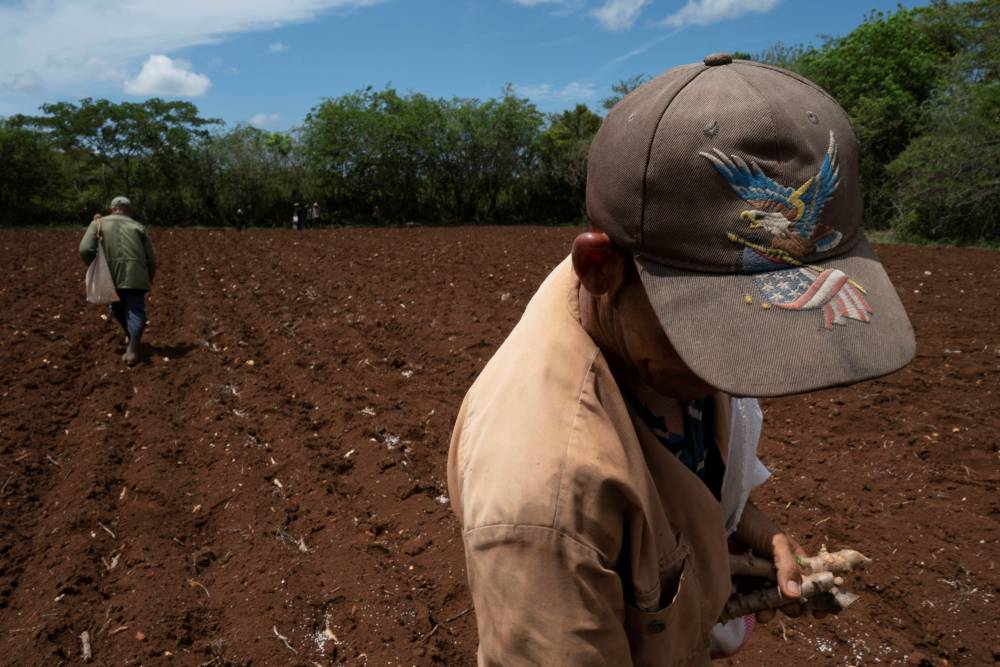
Many friends and family cling to the belief the migrants were detained in the United States, or in the Bahamas.
But some now concede, reluctantly, that their loved ones may have drowned.
“The weather was bad, and the ocean is a traitor. Maybe they were shipwrecked, but where is the evidence?,” said Luis del Sol Vasquez, 69, whose only son vanished with the boat.
Back home, in Palma Sola, the boat’s disappearance left some children in the town without a mother or a father, devastating the close-knit community.
Marbelia Estrada, 56, lost two children, an adult son and daughter, on the boat. Both had children of their own. Her daughter left two children without a parent after her husband took another rustic boat to the United States to earn money to support the family. Both children are now under the care of Sosa, their grandmother. All are traumatized, she said.
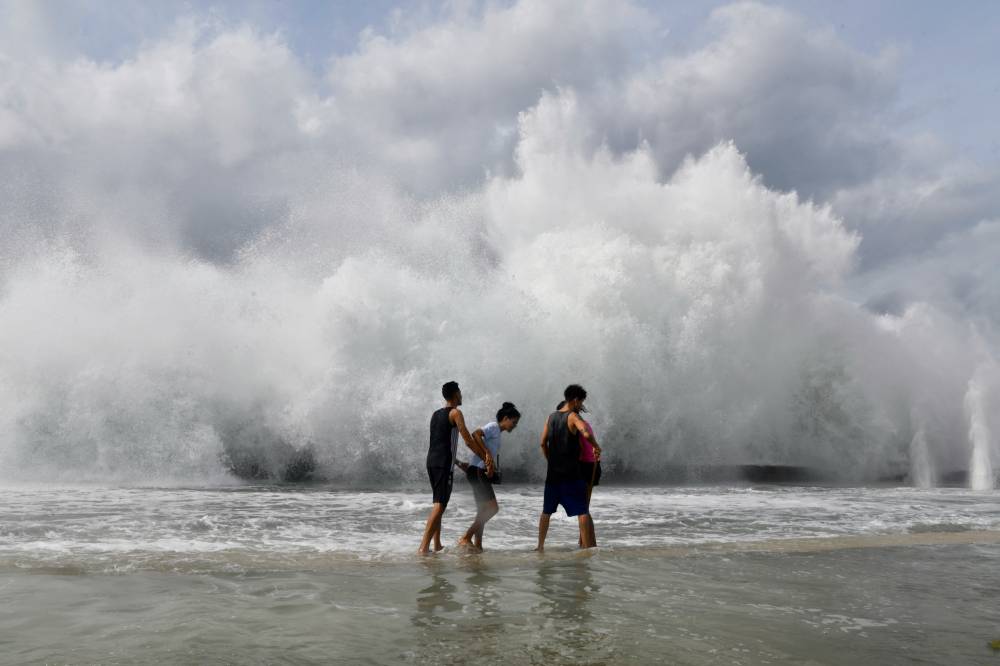
“We had to take them to a psychologist,” Estrada told Reuters. “The 5-year old often asks, when is Papa coming home? He sometimes doesn’t eat; he gets very sad.”
The US Coast Guard, which patrols the Straits of Florida and returns illegal migrants attempting to cross illegally to their home countries, told Reuters “there is not a case that matches this migrant voyage”, after reviewing a list of the boat’s crew.
Neither US Customs and Border Patrol (CBP) nor US Customs and Immigration Enforcement (ICE) had any record of the case.
The Bahamas’ top immigration official, William Pratt, told Reuters in an email that “none of the names you provided appear in our Detainee Management System.”
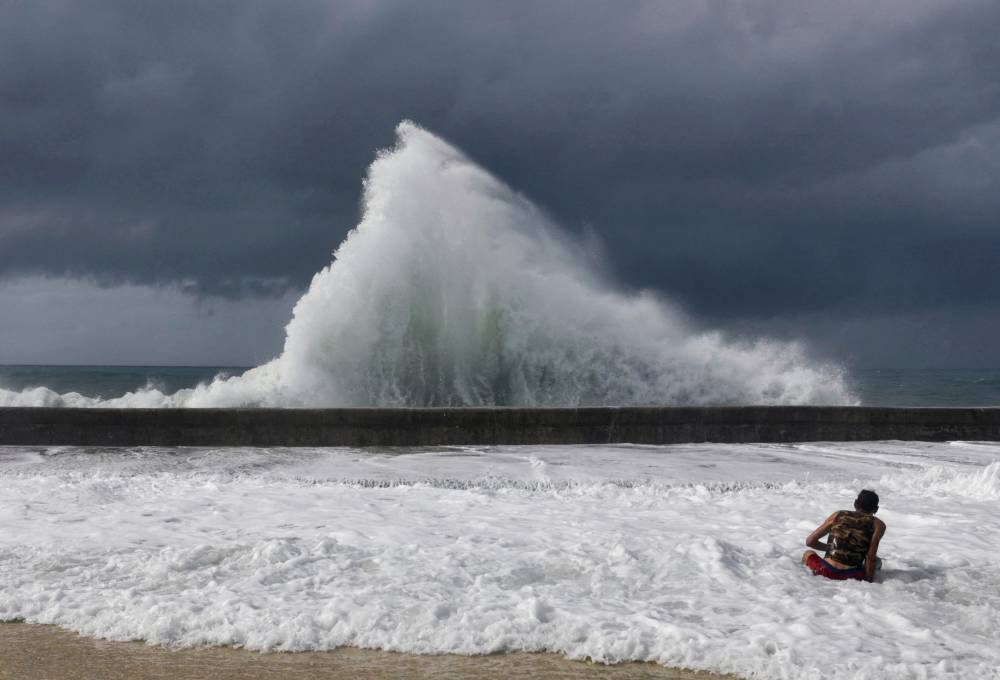
“Horror show”
Upwards of one million Cubans have left the island since 2020, roughly a tenth of the population, in an exodus demographers say has few parallels outside of war. There are few signs of it slowing, especially as a fresh US move to restrict illegal immigration further may be looming no matter who wins the November elections.
Cuba’s government—which has long blamed US sanctions for tanking its economy and stoking migration—is taking note.
“The issue of migration has become, like never before in the last 25 years, a key point of the current US electoral campaign,” according to a report in state-run media outlet Granma in late September.

“This is sounding alarms for potential migrants who will try to reach US territory more quickly before the elections… and on many occasions they resort to irregular migratory movements.”
Alain Molina, from the nearby coastal town of Coralillo, who survived his own shipwreck on a US-bound balsa in December 2022, said he believed another such wave of emigration was imminent, as the island’s communist-run economy flounders.
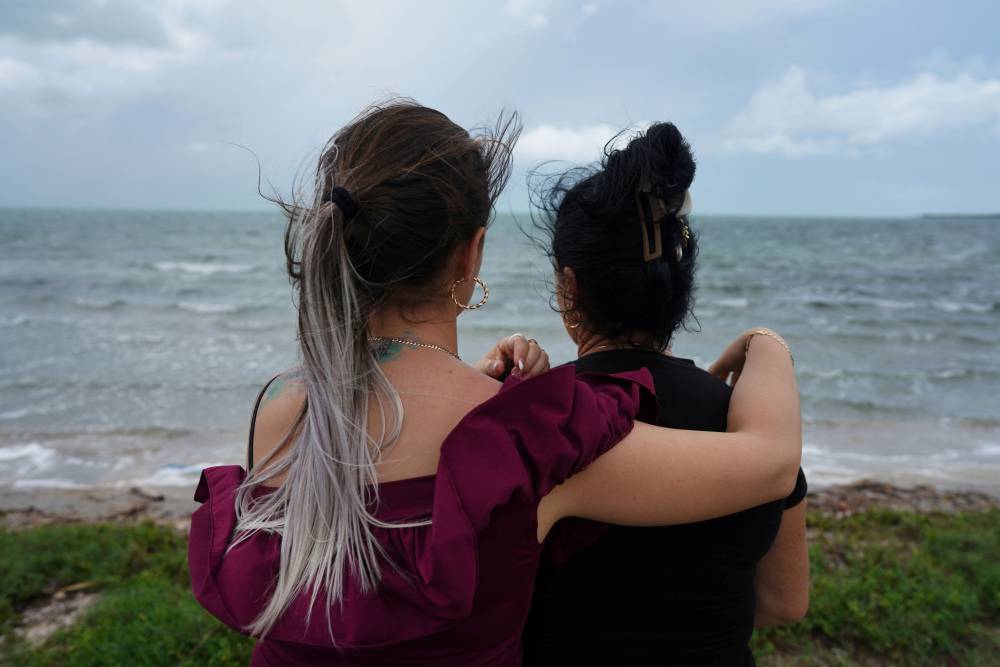
“People are already making preparations. Everyone is talking about it,” Molina said. He had already been offered a seat on a boat, he said, though he’d declined.
“It’s going to kick off again at any moment.”
Reuters, the news and media division of Thomson Reuters, is the world’s largest multimedia news provider, reaching billions of people worldwide every day. Reuters provides business, financial, national and international news to professionals via desktop terminals, the world's media organizations, industry events and directly to consumers.








